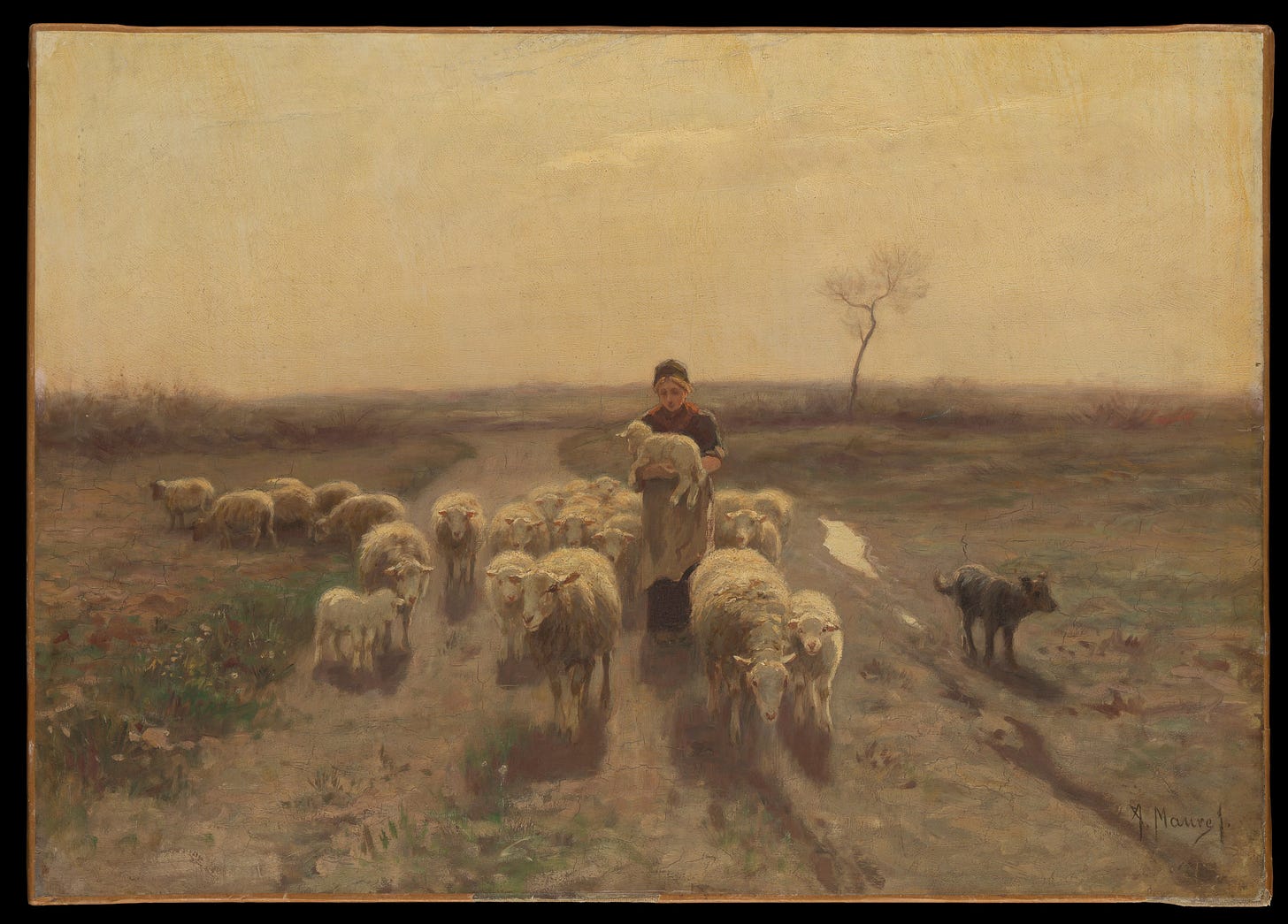Dear friend,
In Ursula le Guin’s “Carrier Bag Theory of Fiction,” she offers a retelling of the history of technology that compels us to reconsider what it means to be human. She asserts that man’s first tool was not a spear — a weapon of dominance — but, rather, a container — a tool for gathering and communion; a cultural carrier bag.
If this is true — that man’s first tool was not one used to slaughter, but to gather — what does it mean for human history and culture? What does this mean for our understanding of who we are?
Perhaps it presents a softer way of relating to each other, and to the world at large. This theory of history suggests that our most primal instinct may not be to assert our dominance over other beings, but to create vessels to hold, transport, preserve, and protect.
The story we tell of our relationships today — between individuals, between countries, between humans and other species, between humans and technology — is largely one of domination and subjugation. As the supposed “dominant species” on our planet, humans have often used the belief in our inherent superiority to enact violence upon “weaker” species. In our world, we must constantly strive to outcompete others to maintain our position at the top of a teetering hierarchy, or risk being usurped and trampled.
It is no wonder people fear a future with machines that are more intelligent than humans. Our assumption is that superior intelligence means domination by default. We fear that AI will do unto us what we have done to the vulnerable and voiceless: using intelligence as a license for domination and exploitation, as justification for who deserves to win and who deserves to lose in a zero-sum game.
What if we could conceive of and construct a relational structure not structured around domination and subjugation, but of harmonious co-existence — a system that protects against the loneliness of individualism and the flattening of collectivism; that recognizes the distinctive, irreducible good in every person and seeks to elevate it within the broader context of their being; that reimagines relations between man, technology, and nature as one of conviviality rather than conflict?
Rather than continually sharpening our spears to defend our false sense of supremacy, perhaps we can learn to weave baskets of belonging that cradle all beings. Perhaps the most human act is to hold and protect and preserve — to share in the beauty of our collective existence, to create more resilient ecologies of care. For, as Walt Whitman once wrote, “every atom belonging to me as good belongs to you.”
I’ll leave you with le Guin’s words:
“If it is a human thing to do to put something you want, because it's useful, edible, or beautiful, into a bag, or a basket, […] and then take it home with you, home being another, larger kind of pouch or bag, a container for people, and then later on you take it out and eat it or share it or store it up for winter [...] — if to do that is human, if that's what it takes, then I am a human being after all. Fully, freely, gladly, for the first time.”
With love,
Ash




